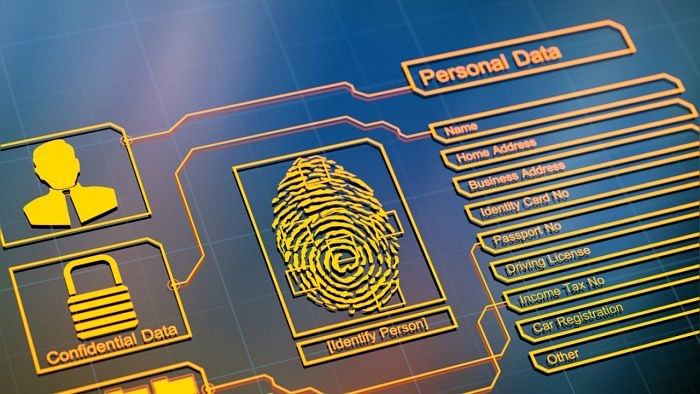
K Muralidhar, the Public Relations Officer of High Court of Karnataka, received some WhatsApp messages on August 6 last, asking him to buy some gift vouchers.
The messages came from a phone number, which had a photograph of the High Court’s acting Chief Justice as the ‘Display Picture’. Muralidhar obliged and made an online payment of Rs 90,000 for nine gift vouchers, each worth Rs 10,000.
He, however, received none of the gift vouchers and soon he realized that the WhatsApp messages had actually been sent by cyber criminals, who had just used the picture of the acting Chief Justice to dupe him.
The friends and acquaintances of Sahitya Akademi president Chandrasekhara Kambar were taken aback earlier this year, when they received a WhatsApp message from the eminent poet and playwright, asking for urgent financial assistance to help him deal with an emergency.
Some of them got in touch with Kambar and soon it became clear that criminals attached his photo as the ‘Display Picture’ to an unknown phone number and sent WhatsApp messages to people, who were in touch with him on social media platforms, obviously to trick the unsuspecting ones among them into paying money.
Bengaluru has emerged as the ‘IT capital’ of India, with ‘IT’ no longer meaning only Information Technology, but also ‘Identity Theft’, a crime punishable under Section 66C of the Information Technology Act.
The latest report by the National Crime Records Bureau revealed that while 1685 cases of identity theft were reported in 19 major cities across the country last year, 1212 of them were registered in Bengaluru. Kanpur was the distant second with 119 cases and Surat ranked third with 109 cases.
Shankar M Bidari, former Director General and Inspector General of Police of Karnataka, and Murugesh Nirani, Minister for Large and Medium Industries of the state, were also among the high-profile victims of similar identity theft. So were many other commoners.
The police officers insist that registration of a large number of identity theft cases in the city should be seen positively, as people are being encouraged to report such
crimes.
Though many cases are being registered, hardly a few are being cracked. Police are not being able to arrest criminals in most of the cases and conviction rates remain low.
“Basically, cyber crimes are high here, because we have different kinds of population from all states. People are also fairly financially comfortable,” says M K Nagaraja, a retired police officer, who, was a victim of identity theft. “The criminals target people who have a lot of friends on social media. The policemen need proper training to investigate cyber crimes.”
C H Pratap Reddy, commissioner of police, says that the victims are now finding it easier to report such crimes by dialling 112 and availing the benefit of the Cybercrime Incident Report facility, which was introduced in December 2020.
“Our main focus is the conversion of the number of reports into registered crimes. We are proactively doing it,” he says.
Raman Gupta, Joint Commissioner of Police (Crime), says that the best way to prevent such crimes is to bring regulation in issuing SIM cards and opening bank accounts.
The Bengaluru City Police are encouraging people to report immediately after realizing that they fell prey to identity theft, so that the cops can deny the criminals the opportunity to use the identity of the victims for financial gains.
Santosh Ram R, police inspector of the city’s North-East CEN (Cyber-Economic-Narcotics) Crime station, citizens can prevent identity theft if they keep social media profiles locked, use two-step verification for logging in and make WhatsApp ‘Display Picture’ visible only to contacts.
T P Vipin, a Supreme Court advocate and a criminologist, is not surprised that the majority of the identity theft cases in the country are being reported in Bengaluru. Life revolves around technology in the city and the fraudsters find it easy to commit crimes using tech tools, he says.
The state’s Criminal Investigation Department (CID) officials in October 2020 had arrested four persons from Bharatpur in Rajasthan for being involved with identity thefts. The gang had created fake social media accounts in the name of prominent personalities, including police officials, seeking financial help.
The arrested were Ansar, Saddam, Balvinder Singh and Saini. Singh was a distributor of SIM cards. He and Ansar used to fake people’s Aadhaar cards to activate the SIM cards. Saini was creating fake Aadhaar cards and Saddam was receiving money to his bank accounts. All the four are dropouts from schools and college.
Using fake profiles on social media platforms, they used to send friend requests to potential victims. Once the request was accepted, they used to ask for financial help.